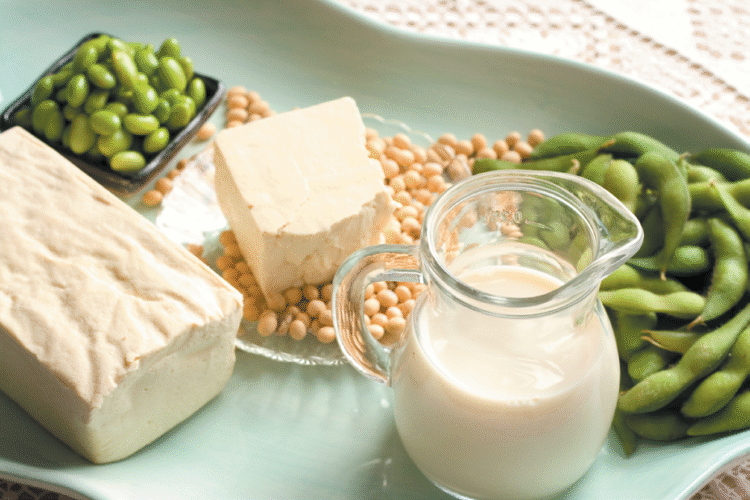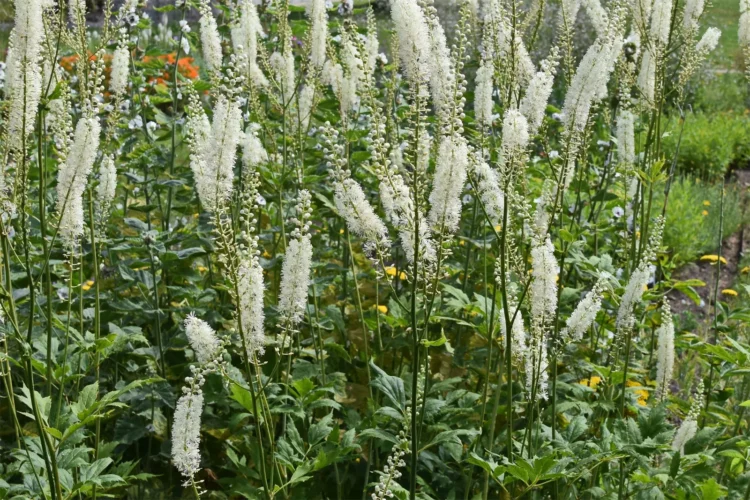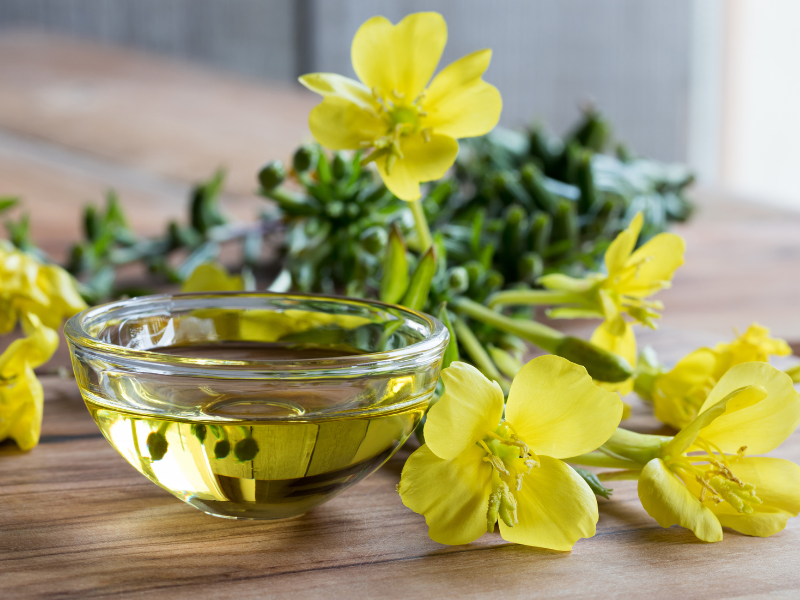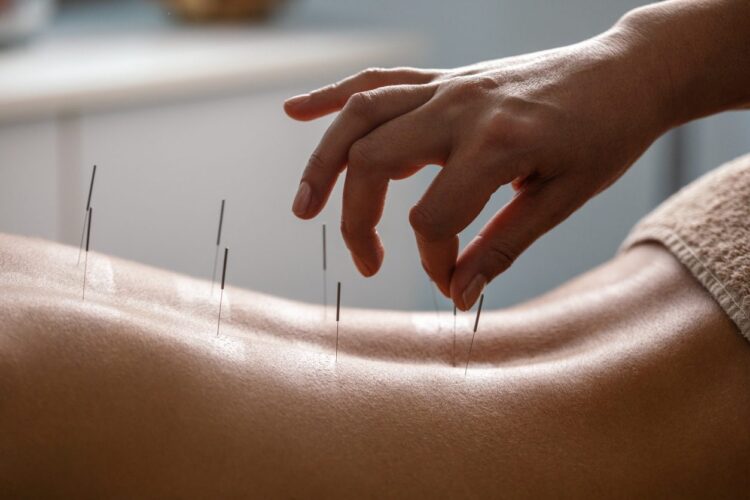Menopause is a natural biological process marking the end of a woman’s reproductive years, typically occurring between ages 45 and 55. While it’s a normal part of aging, the symptoms associated with menopause—such as hot flashes, mood swings, night sweats, and sleep disturbances—can be disruptive and challenging.
Many women turn to natural remedies to manage these symptoms, often seeking alternatives to hormone replacement therapy (HRT). While effectiveness varies from person to person, several natural options may help ease the transition.
1. Phytoestrogens (Plant-Based Estrogens)

Phytoestrogens are compounds found in certain plants that mimic estrogen in the body, potentially balancing hormonal levels.
Sources:
Soy products (tofu, edamame, soy milk)
Flaxseeds
Lentils and chickpeas
Red clover
Benefits:
May reduce hot flashes
Potential support for bone and heart health
2. Black Cohosh

Black cohosh is one of the most studied herbs for menopause symptoms, particularly hot flashes and mood swings.
Usage:
Commonly taken as a capsule or tea
Often combined with other herbs
Note:
It should be used short-term and with medical supervision, especially if you have liver concerns.
3. Evening Primrose Oil

Derived from the seeds of the evening primrose plant, this oil is rich in gamma-linolenic acid (GLA), an omega-6 fatty acid.
Potential Benefits:
May help reduce hot flashes and breast tenderness
Anti-inflammatory properties
4. Lifestyle Modifications

Making simple changes in daily habits can significantly improve menopause symptoms.
Tips:
Regular Exercise: Helps maintain weight, boosts mood, and improves sleep
Balanced Diet: Focus on whole grains, fruits, vegetables, and lean proteins
Stress Reduction: Practices like yoga, deep breathing, and meditation can ease anxiety and irritability
5. Herbal Teas and Adaptogens

Certain herbs are believed to support hormonal balance and overall well-being.
Popular Options:
Red clover: Contains phytoestrogens
Dong Quai: Traditional Chinese herb used for female reproductive health
Ashwagandha: May help with mood and stress regulation
Chasteberry (Vitex): Traditionally used to balance hormones
6. Acupuncture

Acupuncture, a traditional Chinese medicine practice, may help with a range of menopausal symptoms, particularly hot flashes, mood swings, and insomnia.
Research:
Some studies suggest acupuncture may reduce the frequency and intensity of hot flashes.
7. Mind-Body Practices

Relaxation techniques can play a big role in symptom management.
Effective Methods:
Meditation
Tai chi
Mindfulness-based stress reduction (MBSR)
These practices promote emotional balance and improve overall quality of life.
8. Vitamin and Mineral Support

Certain vitamins and minerals may help manage menopause symptoms and prevent long-term health risks like osteoporosis.
Key Nutrients:
Calcium & Vitamin D: Support bone health
Vitamin E: May reduce hot flashes
B Vitamins: Help with energy and mood
Magnesium: Supports sleep and relaxation
Important Considerations
While natural remedies can be effective, it’s essential to consult a healthcare provider before starting any new supplement or herbal regimen, especially if you are taking other medications or have pre-existing conditions.
Conclusion
Menopause is a unique experience for every woman, and natural remedies offer a gentle, holistic approach to managing its symptoms. With a combination of dietary adjustments, herbal supplements, stress management, and lifestyle changes, many women find relief and support during this transitional phase.
The key is to listen to your body, stay informed, and work with healthcare professionals to find the best natural approach that fits your needs.
